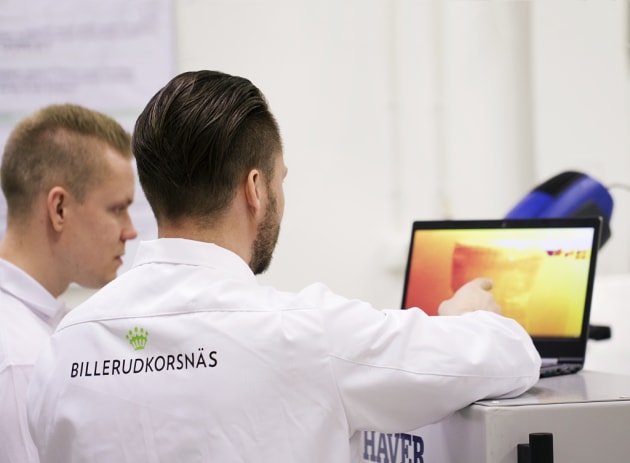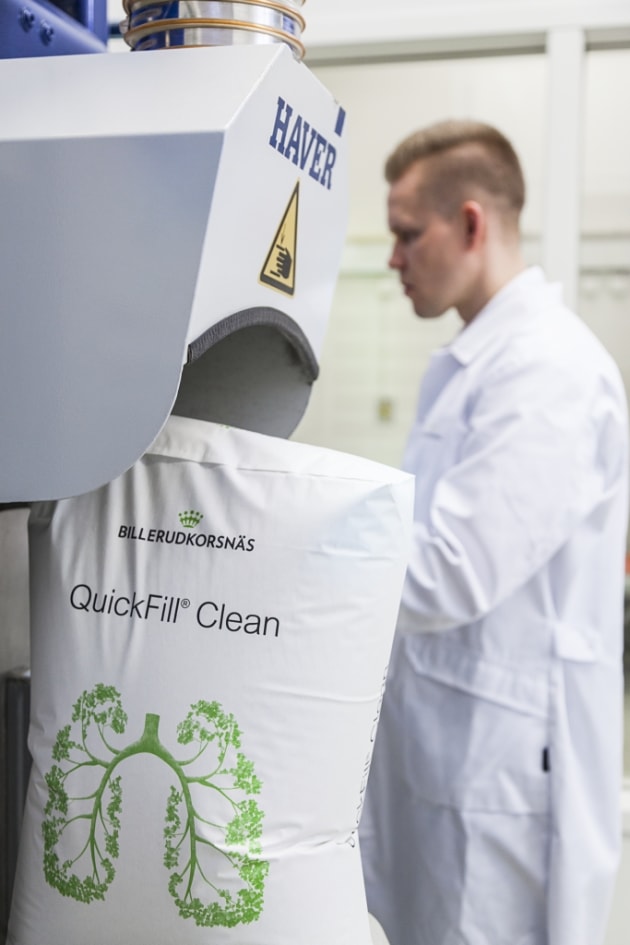BillerudKorsnas and Haver & Boecker have published Sack Packaging Norms, which cover the basics and some of the most critical factors that need to be taken into account when powdered goods are packed. Market reaction to the norms has been positive, showing they support the work of bulk goods manufacturers.
The nine norms aim to provide a helpful guideline for determining the optimal packaging process and the ideal sack packaging for dry products.
Due to the success and positive feedback received worldwide for this initial venture, both companies have now decided to jointly develop further norms.
The Sack Packaging Norms contain recommendations for the development and use of packaging solutions and processes, and define basic standard know-how or standard procedures.
They also provide orientation for questions that manufacturers of bulk materials are confronted with on a daily basis.
Both companies have experienced that customers are increasingly paying attention to the cost of empty sacks. The right quality and design of the empty sacks is crucial, as this directly determines the performance at all steps in the value chain.
For example, a certain sack design may be cheaper, but if it fills slower on the filling machine, then it costs millions in lost production.
Bulk goods manufacturers have a direct influence on all factors through the design of the packaging process, and the sack packaging norms give good indications of how bulk solids manufacturers can ideally act in this area of conflict between cost and quality.

“Together, BillerudKorsnas and Haver & Boecker now offer a set of recommendations to minimise problems and maximise performance in the packaging chain,” says Mikael Peterson, technical service director at BillerudKorsnas.
“If manufacturers and users of paper sack packaging follow the recommendations and guidelines, and implement usage of these norms in their supply chain, efficient and effective packaging production, filling, handling, storage and transport of the end products will be ensured.”
Expert knowledge from both companies has been incorporated into the sack packaging norms.
BillerudKorsnas contributes with years of expertise in packaging paper production, practical experience, as well as analytical tests, design and developments at the BillerudKorsnas Packaging Development Centre. Haver & Boecker contributes with its extensive experience in filling technology and handling of powdered bulk materials.
“In the Haver Institute, we run more than 300 packaging trials per year together with customers,” explains Thomas Hilling, manager, Haver & Boeker Institute.
“A lot of meetings and discussions with our customers and converters show us again and again, that people are looking for such guidelines for their perfect packaging.
“The information presented within this norms are collected throughout years of experience and we are pleased to see they will be used worldwide.”
The Sack Packaging Norms are available free of charge here. Registered interested parties will receive all further norms automatically by email. Proposals for new norms can also be submitted on the website.







